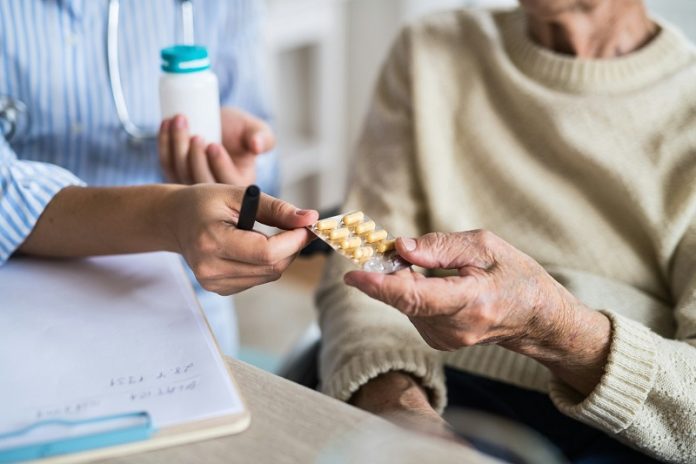
Could a pill offer the brain-boosting benefits of exercise?
A recent study in mice, led by scientists at the University of Southern California (USC), suggests this may one day be possible.
Exercise is known to improve blood flow, reduce stress, and even help protect against Alzheimer’s disease by activating a link between muscles and the brain, called the “muscle-brain axis.”
Now, researchers are exploring whether these benefits could be delivered in a pill.
Published in the journal GeroScience, the study shows how signals sent from muscles to the brain during exercise might be harnessed as a treatment.
This new approach doesn’t involve physical activity—scientists found a way to activate the same brain-protective pathways using a “muscle messenger” in mice that mimics exercise’s effects on the brain.
Senior author Dr. Constanza Cortes, from the USC Leonard Davis School of Gerontology, explained that this could open up possibilities for an “exercise-in-a-pill” therapy.
Such a treatment would be particularly useful for older adults or people with injuries who may find it difficult to exercise at the recommended level.
In their research, USC scientists worked with mice that were genetically modified to produce high levels of this muscle messenger peptide without needing to exercise.
They compared these modified mice with regular Alzheimer’s mice to observe any cognitive improvements.
The Alzheimer’s mice that received the muscle messenger showed better abilities in memory tasks, like navigating a maze and building nests—indicators of healthier brain function in mice.
Dr. Cortes and her team examined several Alzheimer’s disease symptoms in the mice, including the buildup of plaques in the brain, inflammation, and disrupted communication between neurons. All these issues contribute to the symptoms of Alzheimer’s. Remarkably, the modified Alzheimer’s mice showed fewer of these harmful brain changes. As Cortes put it, “We were able to ‘rescue’ a lot of these symptoms.”
The team also tested healthy mice by giving them injections of the muscle messenger and found that it provided brain benefits even without exercise. Dr. Cortes explained that this treatment could help people who, due to age or physical limitations, can’t engage in the level of exercise needed to gain brain health benefits.
While further research is needed before this therapy reaches humans, these findings open exciting new possibilities. If scientists succeed, one day, a simple pill could help preserve brain health in ways we currently depend on exercise to achieve.
If you care about brain health, please read studies that eating apples and tea could keep dementia at bay, and Olive oil: a daily dose for better brain health.
For more health information, please see recent studies what you eat together may affect your dementia risk, and time-restricted eating: a simple way to fight aging and cancer.



